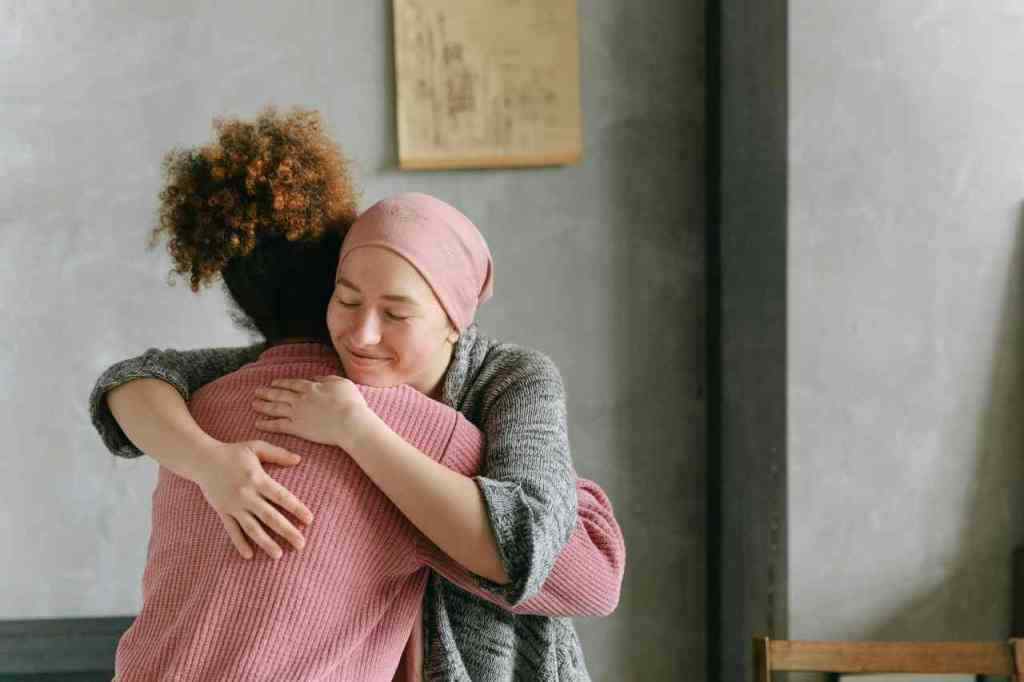The Allure of False Hope: Navigating the Murky Waters of Cancer Quackery
Let’s be real, getting slapped with a cancer diagnosis is like getting hit by a freight train of emotions. Fear, confusion, and desperation can make even the most level-headed person grasp at straws, especially when those straws promise miraculous cures. We’ve all seen those viral social media posts – a woman ditching chemo for a kale smoothie and proclaiming she’s cured her breast cancer. It tugs at our heartstrings and ignites a flicker of hope, but is it real? Spoiler alert: it’s usually not.
The internet, for all its wonders, has become a breeding ground for misinformation about cancer treatments. Dietary claims, in particular, run rampant. While it’s tempting to believe that a simple diet change can conquer a disease as complex as cancer, the truth is far more nuanced and, frankly, less exciting. These claims, while understandable, are often misleading and potentially dangerous. They obscure the very real and hard-won progress being made in legitimate cancer research and treatment.
Debunking the Dietary Myths: Food as Medicine, But Not a Miracle Cure
The notion that specific foods can cause or cure cancer is about as old as time itself. It’s a comforting thought – we have some control over our health destiny through the food we eat. While it’s true that a healthy diet is crucial for overall well-being, it’s not a magic bullet against cancer. Let’s unpack some of the most pervasive dietary myths surrounding cancer:
Carcinogenic Foods vs. Miracle Diets: You Can’t Outrun a Bad Diet with a Good One
Yes, some foods like processed meats and excessive alcohol consumption are linked to an increased cancer risk. But that doesn’t mean chugging green juice can magically erase the effects of a lifetime of unhealthy choices. It’s about reducing risk, not finding a “cure-all” food.
“Sugar Feeds Cancer”: The Sweet Truth About a Sour Myth
Ah, the infamous “sugar feeds cancer” myth. This one’s a real head-scratcher. The idea stems from the Warburg effect, which observes that cancer cells primarily use glucose (sugar) for energy. However, this is often wildly misinterpreted. All our cells, including healthy ones, need glucose to function! Restricting carbs doesn’t selectively starve cancer cells; it can actually harm the patient by depriving them of essential nutrients and energy.
The Alkaline/Vegan Diet Fallacy: Your Body’s Got This
The theory goes that cancer thrives in an acidic environment, so an alkaline diet (lots of fruits and veggies, limited meat and dairy) can prevent or even cure it. Sounds legit, right? Except, our bodies are incredibly efficient at regulating pH levels. What we eat has very little impact on our overall blood pH. So, while a balanced diet is always a good idea, don’t expect it to perform pH miracles.
Obesity and Cancer: A Complex Relationship, Not a Simple Equation
Obesity is indeed linked to an increased risk of certain cancers. But it’s not as simple as “eat this, get cancer” or vice versa. It’s a complex interplay of hormones, inflammation, and other factors. Blaming specific foods misses the bigger picture and can lead to unhealthy relationships with food.
The Real Harm in Dietary Myths: Guilt, Shame, and Dangerous Practices
Perhaps the most insidious aspect of these dietary myths is the guilt and shame they heap onto people already battling a serious illness. Patients may blame themselves, thinking they could have prevented their cancer with a different diet. This can lead to dangerous weight loss attempts, especially without proper medical guidance. Remember, there’s a big difference between a healthy diet and a dangerously restrictive one.
Beyond the Plate: Unpacking the Broader World of Cancer Quackery
Dietary quackery is just the tip of the iceberg. The world of alternative cancer “cures” is vast and often shrouded in pseudoscience. From homeopathy and energy healing to coffee enemas (yikes!), these treatments lack any real scientific backing. So, why are people drawn to them?
The Appeal of False Hope: When Easy Answers Trump Hard Truths
Facing a cancer diagnosis is terrifying. Conventional treatments like chemotherapy and radiation, while often effective, come with a host of side effects. It’s only natural to crave a painless, easy solution, even if it’s based on wishful thinking rather than hard evidence. Unfortunately, that’s where quackery thrives – by exploiting fear and offering a glimmer of hope in the darkest of times.
